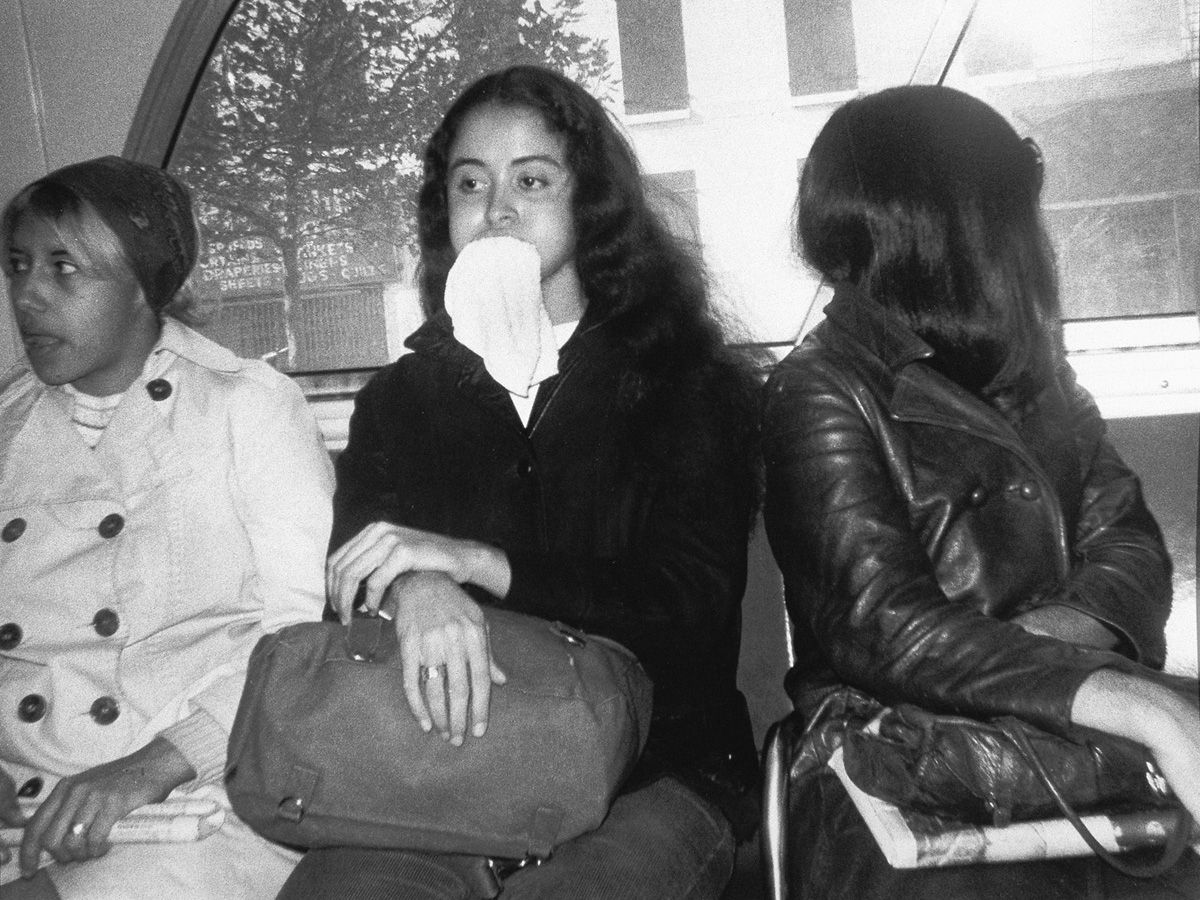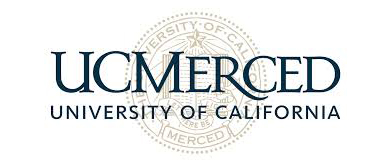Black Arts Movement Coference
Aquí el link a la conferencia en la que mi abstract ha sido aceptado
Conference to Explore Black Arts Movement, Influences.
Hablaré de Adrian Piper: Por si no se había dado cuenta, soy negra.

„Querido amigo, Soy negra“. Así comenzaba la pequeña octavilla que Adrian Piper (b.1948) regalaba a todo aquel que hubiera realizado un comentario teñido de racismo. Y continuaba, „Estoy segura de que no se dio cuenta de este hecho cuando usted hizo ese comentario racista“, para finalizar con esta frase: „Siento cualquier desasosiego que le pueda estar provocando así como estoy segura de que usted se arrepentirá del desasosiego que su racismo provoca en mí“.
Desde finales de los años 60 Adrian Piper explorará nuevos lenguajes y nuevas vías públicas para realizar sus propuestas artísticas, unas propuestas que tratan el problema del racismo y quieren ser provocadoras y hacer reaccionar al posible público ampliado. En „Embody“ escribirá: I embody all that you must hate and fear. Exploraremos su figura desde el contexto del Black Arts Movement hasta el nuevo centro de investigación, Research Archive Foundation, de Berlín:
An international two-day conference on the Black Arts Movement will draw world-renowned scholars, musicians and artists, and offer new scholarship and perspectives on the 1960s and 1970s movement.
The International Conference on the Black Arts Movement and Legacies, on March 1 and 2 at the University of California, Merced, will provide opportunities to hear and appreciate the elders, activists and artists who proclaimed “black is beautiful” in their art, music, poetry and writings,  while also shedding light on recent assessments of the movement.
while also shedding light on recent assessments of the movement.
“UC Merced is excited to contribute to the growing body of scholarship on the Black Arts Movement,” said Professor Susan Amussen, who’s also the director of the Center for the Humanities. “We look forward both to the presence of so many outstanding artists on campus and to the exploration of the impact of this important movement on mainstream American culture.”
Scholarly panels, poetry, art, theatre presentations and workshops on a wide variety of topics from the state of black studies in America to the impact of the Black Arts Movement past and present are on the agenda.
“The Black Arts Movement and this UC Merced Conference comprise one whopping piece long missing from the jigsaw puzzle of cultural America,” said Al Young, California’s poet laureate emeritus.
Askia Toure, Ishmael Reed, Marvin X, Eugene Redmond, Umar Bin Hassan, Nathan Hare, Emory Douglas, Judy Juanita, Avotcja and other key writers, musicians and artists from the Black Arts and Black Power movements will discuss their work and perform at the conference.
“No discussion of the Black Arts Movement or the radical left can take place without mentioning the late Amiri Baraka,” said event organizer and UC Merced graduate student Kim McMillon. “His words and art represent the beginnings of the movement, birthing black identity. Black Americans in the 1960s and 1970s created a new vision of blackness, one that celebrated the uniqueness of black culture.”
Black Arts inspired many later artists, especially those from marginalized communities, and thus has shaped the flowering of artistic work over the past 40 years, McMillon said.
The conference is co-sponsored by Associated Students of UC Merced, African Diaspora Student Association, the Center for the Humanities, Merced County Arts Council, Merced County Office of Education, Office of Student Life and The California Endowment.